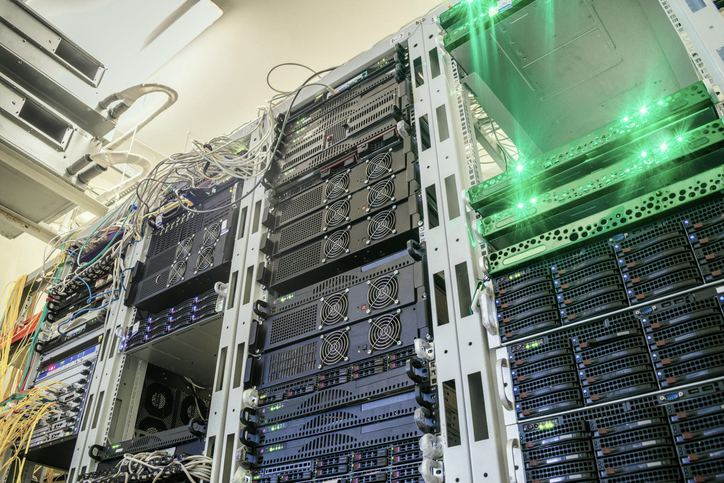Why Will Tech Centers Pay Higher Costs?

Ohio data centers require an enormous amount of power for AI development. But, this higher energy demand could lead to higher electricity rates for consumers. As a result, PUCO has sided with consumer groups in a recent regulatory decision. New rules now require data centers to pay bigger share of the connection costs up front. To be sure, major tech companies coming to Ohio are not happy with PUCO’s decision. So, let’s unpack why PUCO wants tech centers to pay these higher up front costs.
Why Charge Tech Centers For More
It’s hard to deny that data centers aren’t cheap. These huge facilities run hundreds of computers ’round the clock. These machines also need cooling to keep running. As a result, data centers can use close to 600 megawatts (MW) on their own. To put this in perspective, 600 MW can power over 700 Ohio homes for a full year.
As you can guess, data centers are expected to put a lot of pressure on the Ohio grid. For one thing, the costs for upgrading the grid to meet this demand could be passed on to customers. It also requires a lot of investment in power plants to meet this massive surge in energy demand. As a result, consumers are concerned that data centers could raise customer rates.
PUCO Orders Higher Up Front Costs
With these costs in mind, AEP and consumer groups argue that data centers should pay more for their projected usage. In other words, if data centers need that much more power, then they should pay to upgrade the grid.
As a result, PUCO sided with AEP Ohio and consumer groups. They recently ordered that tech centers pay 85% of their projected energy usage. This is up from the 60% in the original AEP Ohio proposal.
In their written decision, PUCO explained the need for balance in the state’s energy market. The market needed to encourage data center development in Ohio without disrupting service to other customers. Supporters further argue that citizens and Ohio families shouldn’t have to subsidize the largest tech companies in the world.
Data Tech Companies Respond
In response, the Data Center Coalition argued that the proposal was unfair. They said it singles out and targets data centers and could stifle data center development in Ohio. In particular, Amazon called the decision, a “discriminatory and punitive approach”.
Will Ohio Energy Prices Rise?
Data centers and AI is rapidly expanding into the “base load” role once occupied by heavy industry. With these centers running 24-7, it’s clear they demand a lot more power than the Ohio grid currently supports. But, while the PUCO decision may help keep customer costs down, prices are rising. So, it’s still important to save energy and shop for the best energy deals in town.
You can start your shopping right here at https://www.ohenergyratings.com. We’ll also keep you up to date with the news and tips that could affect your bills.

